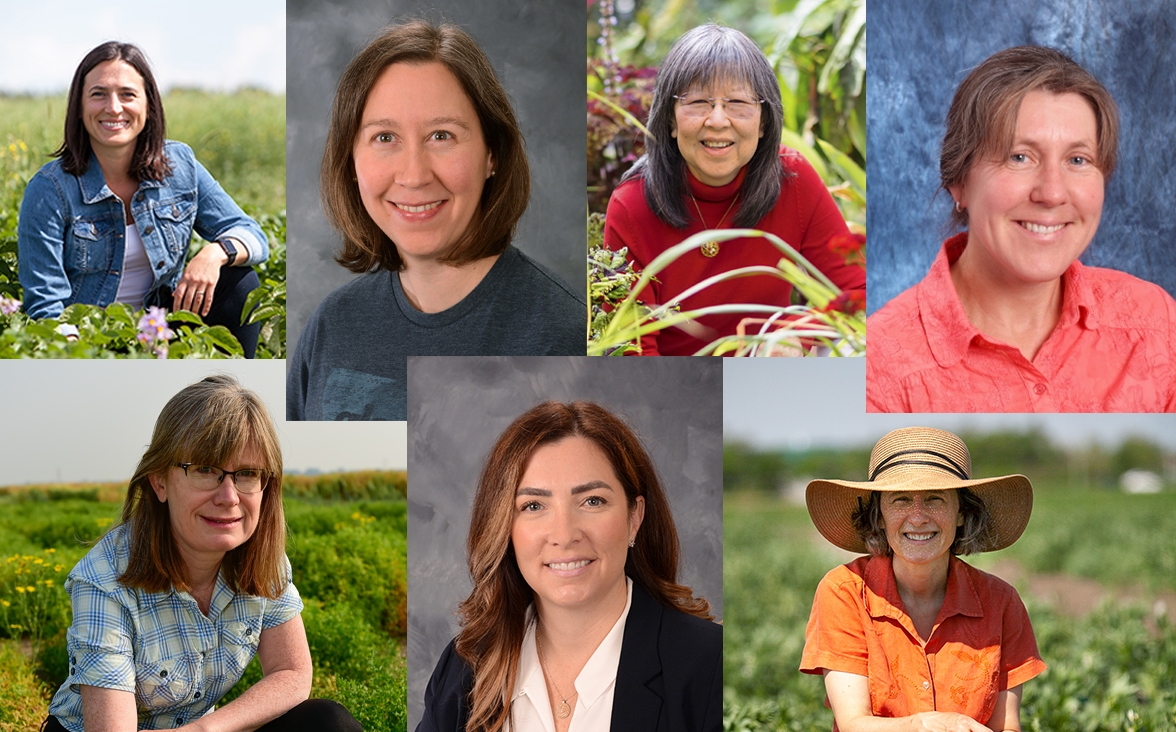
International Day of Women and Girls in Science; recognizing our faculty members in Plant Sciences and the Crop Development Centre
February 11th marks the International Day of Women and Girls in Science (IDWGS) - an annual event that recognizes and celebrates the achievements of women in the areas of science, technology, engineering, and mathematics (STEM).
In 2011, the Commission on the Status of Women adopted a report that women and girls in all areas of sciences be given equal access to full employment and decent work, with the intent to lessen the gap of gender equality in these areas of higher education. Despite the fact women have made incredible contributions to science, barriers must continue to be broken down to achieve gender equality.
As a resolution to the report, on 20 December 2013, the General Assembly of the United Nations formally declared February 11 as the “International Day of Women and Girls in Science”.
Today, the Department of Plant Sciences and the Crop Development Centre recognizes and celebrates our female faculty members all of which have made significant contributions to science, mentorship, and the agriculture sector at home and abroad.
Dr. Kate Congreves (PhD)

Kate Congreves is an Associate Professor of Environmental Horticulture & Agronomy in the Department of Plant Sciences in the College of Agriculture and Bioresources at the University of Saskatchewan. She has expertise in nutrient cycling, soil health, and greenhouse gas emissions. Her research program is aimed at understanding the mechanisms that regulate nitrogen and carbon transformations, and the implications for agroecosystem functioning in intensive cropping systems. She received the Dean’s New Researcher Award of Excellence in 2020 and was named the Professor of the Year by the Agricultural Students’ Association in 2021. Dr. Congreves has authored 31 peer-reviewed publications, including a highly cited paper in Nature Geoscience: and an invited textbook chapter on soil health for the Canadian Society of Soil Science. In 2021, she was the lead co-editor of the Canadian Journal of Plant Sciences Special Issue “Advancements in Canadian horticulture, in celebration of the 100th year of horticulture research at the University of Saskatchewan”.
Dr. Maryse Bourgault (PhD)
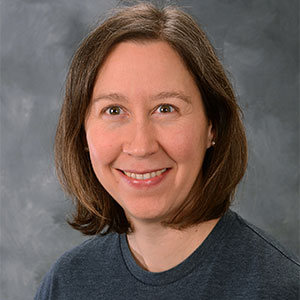
Maryse Bourgault is the Western Grains Research Foundation (WGRF) Research Chair in Integrated Agronomy in the College of Agriculture and Bioresources for the University of Saskatchewan where she holds a joint appointment in the departments of Plant Sciences and Soil Science. Her research program aims to conduct interdisciplinary systems-based research to improve the resilience, sustainability, and profitability of grain production in Western Canada and semi-arid environments in general. Through collaborations with the existing expertise present at the University of Saskatchewan, as well as engagement with grain producers, her program aims to take a broad look at how agronomic practices can be developed or adapted to address sustainability issues. She has special interests in testing new systems such as cover crops, intercropping, re-integrating livestock with grain cropping, and winter broadleaf cultivation. Maryse is trained as a crop physiologist so additionally is interested in investigating drought adaptive traits, with an emphasis on improving water use efficiency in pulses.
Dr. Karen Tanino (PhD)

Karen Tanino is a Professor of Abiotic Stress Physiology in the Department of Plant Sciences in College of Agriculture and Bioresources (AgBio) at the University of Saskatchewan. Her research program examines how plants can increase their resistance to multiple abiotic stresses including low and high temperature, drought, salt as well as biotic stress on a range of plants and crops from trees to vegetable to large field crops. With colleagues, she has developed a patented seed treatment to increase germination and crop root growth under stressful conditions as well as comprehensively studying the potential of Saskatchewan to be an exporter of high-quality strawberry crowns, garlic, medicinal plant extracts, etc. under the positive Northern Vigour® responses in horticulture crops.
In 2022, Dr. Tanino was recognized as one of seven most influential woman in Canadian agriculture. She was the President of the Canadian Society for Horticultural Science as well as chairing or co-chairing four international conferences on food security and plant cold hardiness. She was co-founder of the home study based USask Prairie Horticulture Certificate (PHC) with an enrolment of over 4500 students since its inception. Dr. Tanino is a Global Fellow of Iwate University (Japan) and is an Adjunct Professor in the Dept. Crop Physiology, University of Agricultural Sciences (GKVK), Bangalore (India).
Dr. Rosalind Bueckert (PhD)
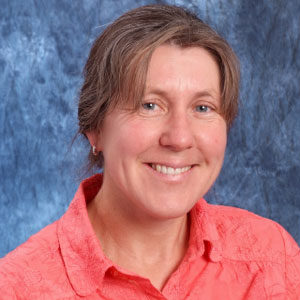
Rosalind Bueckert is a Professor of Crop Physiology in the Department of Plant Sciences in the College of Agriculture and Bioresources at the University of Saskatchewan. Her research program is focused on understanding the relationship between field crop growth and yield response to environmental factors such as heat stress and drought stress. The emphasis is on short season field crop cultivars in a combination of dryland and irrigated prairie conditions and controlled stress conditions. Additionally, she is exploring biological nitrogen fixation and the potential to increase nitrogen productivity in legume crops to decrease fertilizer use in typical dryland prairie conditions and controlled stress conditions. Dr. Bueckert has authored 55 peer-reviewed publications and an invited textbook chapter on the domestication of agricultural crops for the Encyclopedia of Pest Management.
Dr. Kirstin Bett (PhD)
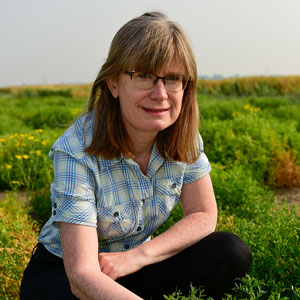
Kirstin Bett is a Professor of Pulse Crop Genomics in the Department of Plant Sciences in the College of Agriculture and Bioresources (AgBio) at the University of Saskatchewan and is affiliated with the College’s Crop Development Centre as a dry bean breeder. Her research combines the use of genetic and genomic resources to improve lentil quality and nutritional value. A significant emphasis relates the use of wild lentil relatives and genomic tools to broaden genetic variability in cultivated lentil with a focus on disease resistance and agronomic traits. Additionally, her research group was part of a larger team responsible for sequencing the genome of the tepary bean, a type known to show more tolerance to drought and cold tolerance. Her work in genomics has defined the genome-level relationships between wild and cultivated tepary and common bean, which will pave the way to transfer desirable traits between the two species. Her goals are to develop dry bean varieties that are more tolerant to frost and drought and more adapted to western Canadian agriculture. Two of her pinto beans, a black and a yellow bean are now being grown commercially in western Canada. In 2020, she was awarded the AgBio Dean’s Award for Research Excellence, and the Distinguished Achievement Award from the Bean Improvement Cooperative in 2013.
Dr. Breeanna Kelln (PhD)
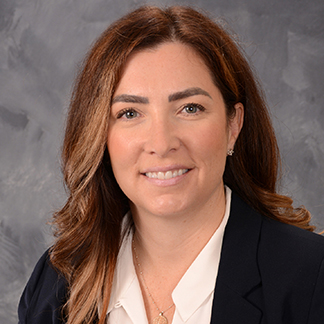
Bree Kelln is the Department of Plant Sciences newest faculty member. She is the Beef Industry Research Chair in Integrated Forage Management and Utilization in the College of Agriculture and Bioresources where she holds a joint appointment in the departments of Plant Sciences and Animal & Poultry Science. Her research uses a broad lens to optimize the soil-plant-animal interface, using a systems-based research approach. Her research interests include ruminant nutrition, soil nutrient cycling, pasture management, winter feeding systems, greenhouse gas emissions and system economics. Her research program combines field and laboratory investigations using an interdisciplinary approach to understand how to optimize and enhance forage and beef production in dynamic biological systems. Her main goal is to produce research that has a direct impact on the primary beef producer.
Dr. Sabine Banniza (PhD)
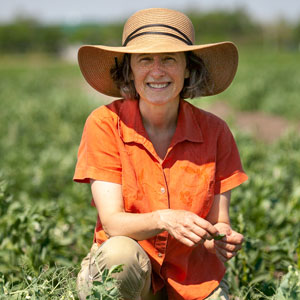
Sabine Banniza is Professor and the Ministry of Agriculture Strategic Research Program Chair in Pulse Crop Pathology in the Crop Development Centre at the University of Saskatchewan. Her research program is focused on pulse crop pathology with particular emphasis on disease problems that impact Saskatchewan pulse growers. The main theme of her research program is to study the biology of fungal and bacterial pathogens and their interaction with host plants. The goal of her research is to gain a better understanding of strategies employed by these pathogens to successfully invade and colonize pulse crops, and to exploit this knowledge for the purpose of developing successful breeding and disease management strategies. Her research program follows a hierarchical approach, covering aspects from the field level down to the microscopic and molecular level.
